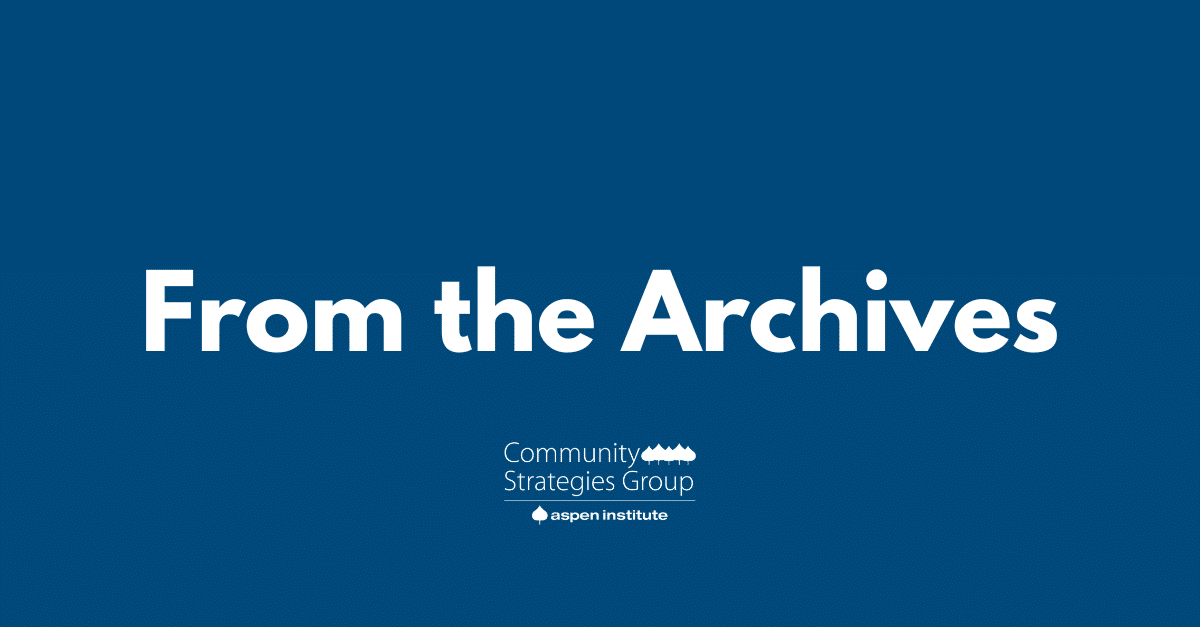View this Publication
This document is a collection of papers from an April 1992 conference on “New Factory Workers in Old Farming Communities: Costs and Consequences of Relocating Meat Industries.” The conference was sponsored by the University of Kansas and co-sponsored by other universities, with funding from The Ford Foundation in cooperation with The Aspen Institute’s Rural Economic Policy Program. The document discusses the restructuring and globalization of the U.S. meat, poultry, and fish-processing industries, focusing on the shift of production from urban to rural areas and the emergence of large, vertically integrated firms. Key themes include:
- Industry Concentration: The rise of powerful oligopolies like Tyson, ConAgra, Cargill (Excel), and IBP, which control significant market shares across different meat and food sectors. These firms have achieved dominance through acquisitions and vertical integration, from input supply to processing and distribution.
- Technological Innovations: The adoption of cost-cutting innovations such as the disassembly line, larger processing plants, and automation, which reduced the need for skilled labor and increased productivity.
- Labor and Social Consequences: The impact on workers, including declining wages (especially in meatpacking), hazardous working conditions, and high turnover. The document notes that companies often recruit from outside the local region, leading to an influx of “new immigrants” (Hispanics and African Americans) into rural communities.
- Rural Industrialization: The strategic relocation of processing plants to rural areas, often close to raw materials, to take advantage of lower labor costs and local government incentives (tax breaks, infrastructure improvements).
- Environmental and Community Impact: Concerns raised by various groups, including environmentalists (manure, chemical use, water quality), animal welfare advocates (treatment of confined animals), and rural development advocates (limited economic benefits to local communities as profits are extracted by external corporations).
- Globalization: The expansion of these concentrated food firms into international markets, transferring technology and production methods to countries with cheaper labor (e.g., Thailand for poultry).
The document highlights how the drive for lower costs and increased control by transnational corporations has transformed the food system, creating a complex interplay of economic, social, and environmental consequences that challenge traditional regulatory frameworks and local community well-being.








